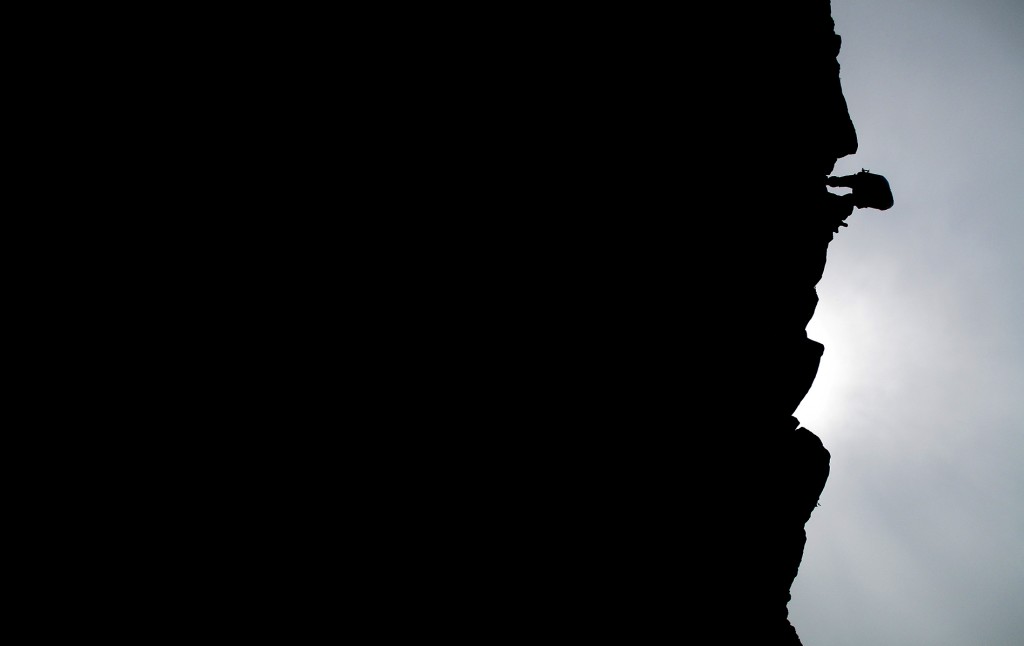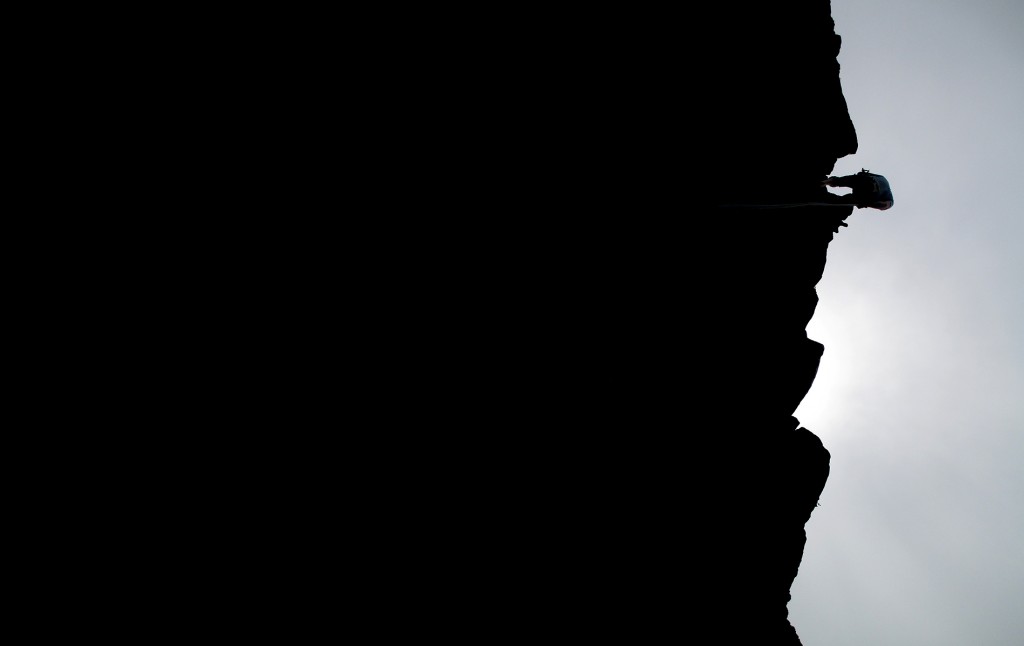I hold no truck with stylists. That is, of the authors I admire, few are likely to be accused of being masters of their craft. I admire John Steinbeck–who in the introduction to one of his own books admits that he writes poorly. Ray Bradbury is hardly a master of style–though I find his works readable, relatable, and occasionally revealing. I hesitate to admit that I admire Ayn Rand–mostly on account of her Glenn Beck endorsement and Tea Party associations, but also on account of her terrible prose and one-dimensional characters. Ed Abbey is also not much of a writer (his fiction, in particular, downright awful), and yet I love him dearly, and esteem him as one of my favorite authors.
A long-time friend and I disagree, when it comes to books. He admires the stylists, the great linguists, those who win Nobel prizes, and craft their books in a way designed to tantalize literary theorists and flaunt their own staggering intellects. Nabokov, for example. In my view, there’s nothing of value whatsoever to be drawn from Nabokov’s overly wordy, pretentious prose–but Sagar finds him to be the absolute epitome of authors.
I prize books for their ability to transport me away from the humdrum and familiar, for their ability to challenge my way of thinking, to somehow open up my world a little wider. Authors who are imperfect, but passionate–who write for some purpose other than the sake of writing–for an audience not who will appreciate the book for its aesthetic merits, but who will be changed (at least in some small way) by having done so.
Which isn’t to say that I don’t admire, appreciate, and enjoy a book that’s well crafted. I often do–I suspect I’d enjoy Steinbeck twice as much if he was also a masterful writer, in addition to writing passionately.
Of course, this also likely reflects my aspirations. I have no aspirations to write anything which is appreciated for its composition, for its structure, metaphor, or analogy. I aspire only to be simple, salt of the earth, passionate–and perhaps to write something whose words have greater impact than a canvas in a fine arts museum.
In reality, my writing will likely assist no one other than myself. But, I’ve heard it enough times to believe it to be true, I find writing to be an improving exercise, that I learn through writing, that I define my lens on the world and understanding of it by writing about it.
So, sure, I write badly. Fine. Perhaps, if I keep at it, I’ll write less badly. And then, perhaps, someday, I’ll have something to write about (other than revenue cycles and healthcare costs)–and I’ll be in a better place to do so for having had some practice prior to.

